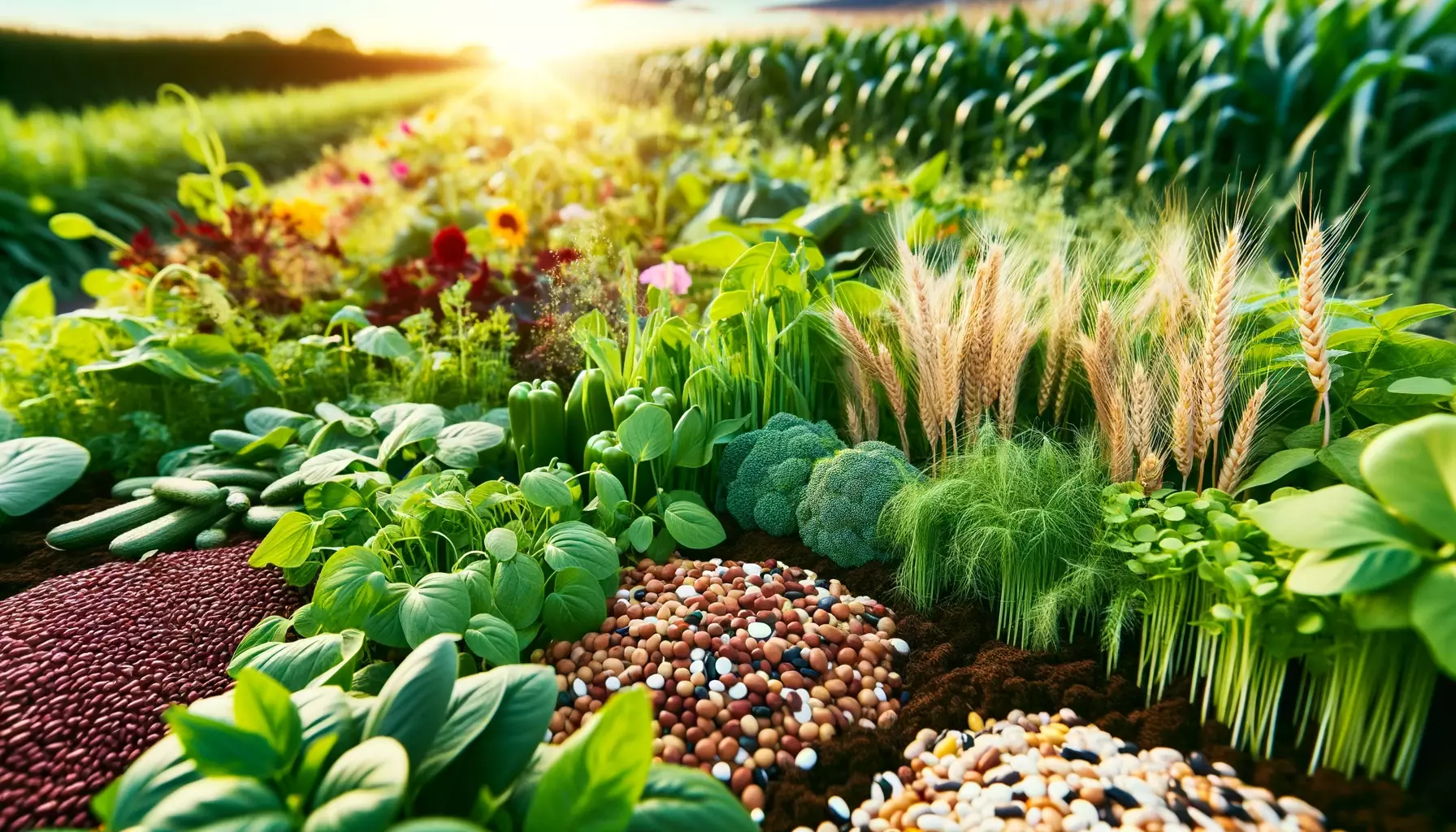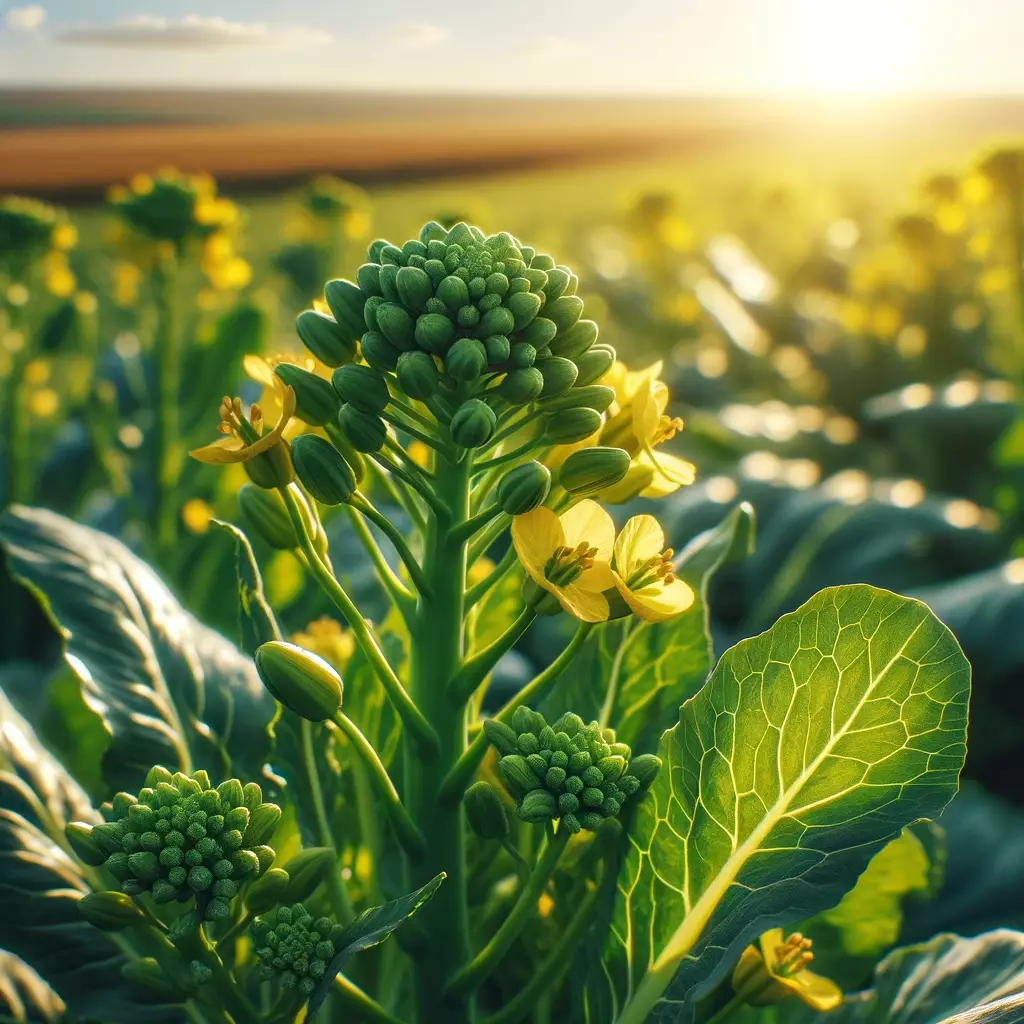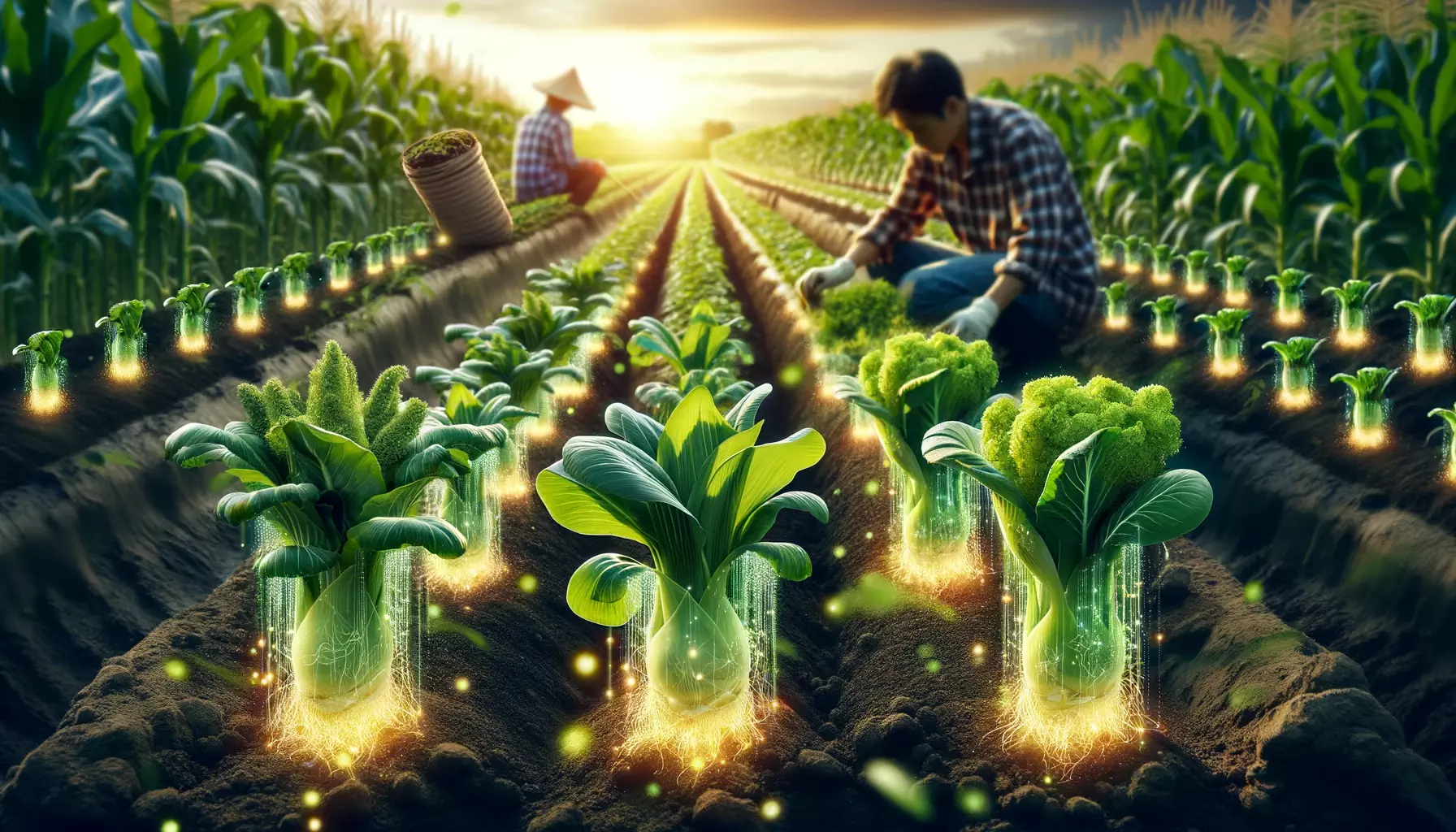Tag: Greenhouse Gas Reduction
-

Redefining Global Food Systems: The Shift Towards Agroecology
The Urgent Need for Change in Food Production The current state of global food systems is alarming, contributing to one-third of worldwide greenhouse gas emissions and nearly 80% of biodiversity loss. The reliance on industrial agriculture, characterized by chemical-dependent monocultures, has led to extensive forest destruction, community displacement, water pollution, and soil degradation. Additionally, this…
-

Carinata: The Future of Sustainable Agriculture and Biofuel Production
Introduction to Carinata: A Promising Carbon-Saving Crop Brassica carinata, commonly known as Ethiopian mustard, is emerging as a promising cover crop in the Southeastern United States. This crop, which has been studied for over a decade for its soil-enhancing qualities, is now gaining attention for its oilseed. The oil derived from carinata seeds offers a…
-

Innovative Microbial Fertilizers: A Sustainable Alternative to Chemicals
Introduction: Reducing Chemical Fertilizers with Microbes Chemical fertilizers, while essential for modern agriculture, contribute significantly to global greenhouse gas emissions. Researchers at MIT are exploring sustainable alternatives to these fertilizers by harnessing the power of bacteria. The Potential of Nitrogen-Fixing Bacteria Nitrogen-fixing bacteria have the capability to convert nitrogen gas into ammonia, providing essential nutrients…